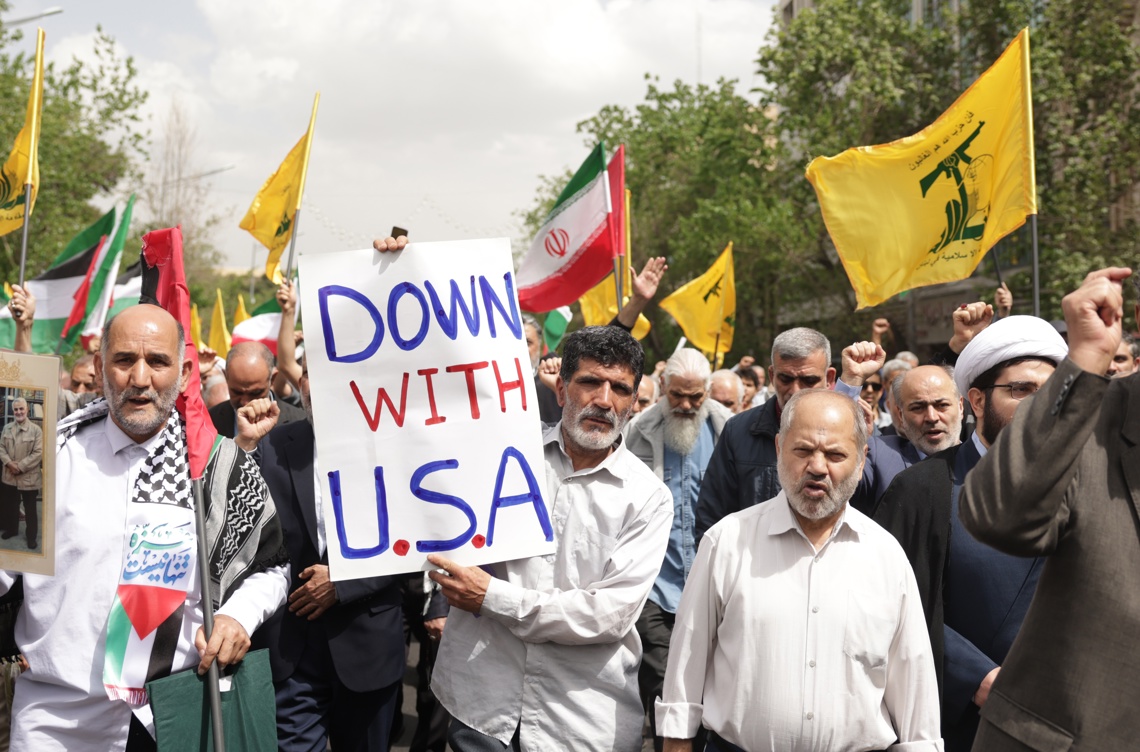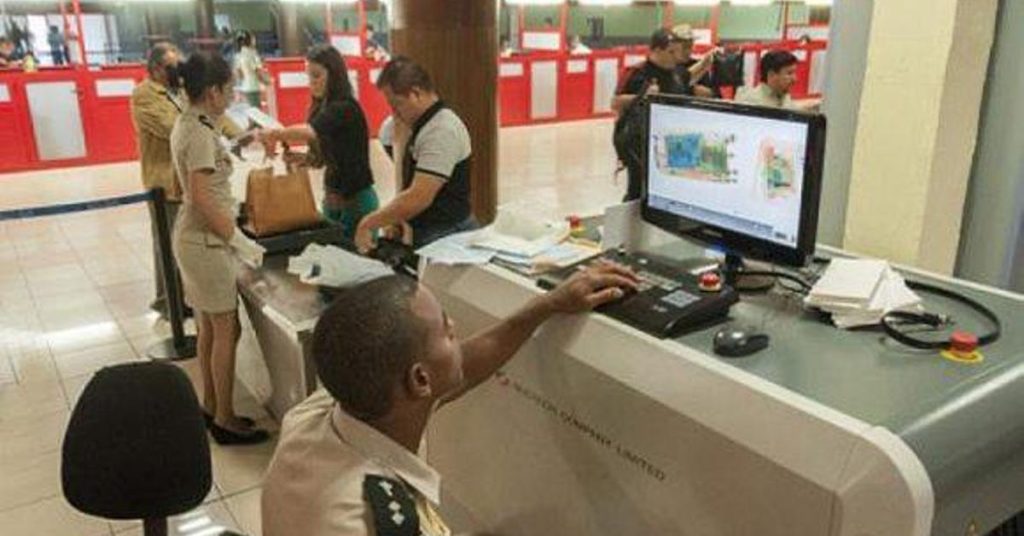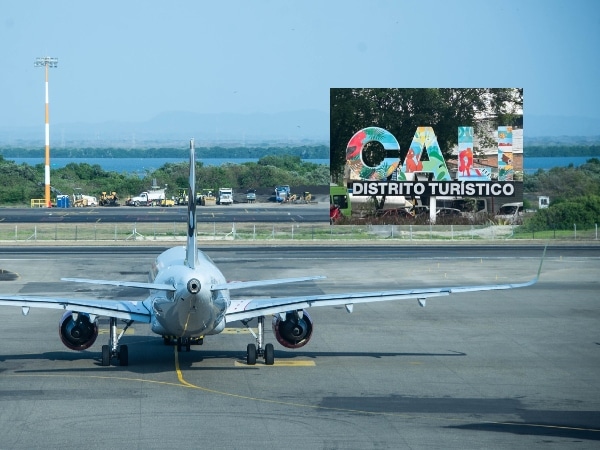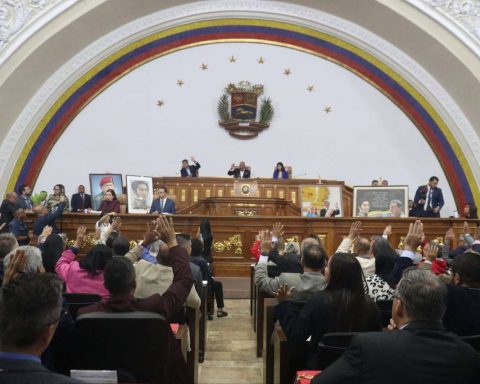Iran said Friday that he is looking for a “real and fair” agreement with the United States in the negotiations on his nuclear program that begin on Saturday with the mediation of Oman, while President Donald Trump has already advanced that he could take advantage of weapons if politics fails.
“Far from setting up a show and just talking to the cameras, Tehran seeks a real and fair agreement, the important and applicable proposals are ready,” said Ali Shamjani, a high -level counselor of the supreme leader, Ayatolá Ali Jamenei, the French agency reported AFP.
Shamjani confirmed that the Iranian Minister of Foreign Affairs, Abás Araqchi will travel to Oman for “indirect negotiations with the United States” and added that if Washington shows good will, the process will be “easy.”
Oman will exercise as a mediator in the negotiations, in which the United States will be represented by the emissary for the Middle East, Steve Witkoff.
The controversy prior to the conversations took strength this Friday, when Karoline Leavitt, spokesman for the White House, said that “the president believes in diplomacy, in direct conversations, speaking directly in the same room.”
“If the American part does not raise irrelevant issues or demands and leaves aside threats and intimidation, there is a good possibility of reaching an agreement,” he said, on the other hand, he ray the Vice Chancellor From Iran for political affairs, Mayid Tajt Ravanchi, during a meeting with ambassadors, diplomats and intellectuals held at the Institute of International Policy and Economics in Belgrade, capital of Serbia.
https://www.youtube.com/watch?v=DHDKH7P32FG
2015 agreement
The previous agreement, concluded in 2015 between Iran and the great powers, committed Tehran to limit its nuclear program for civil purposes in exchange for the lifting of financial sanctions.
But once Trump in power, the United States announced in 2018 his withdrawal from the international agreement, unilaterally, and imposed hard sanctions against Iran again.
In response, Iran began to separate himself from his commitments, increasing uranium enrichment in centrifugators to bring him closer to his military performance.
The spokesman of the Iranian Ministry of Foreign Affairs, Esmail Baqai, said Friday that his country is “giving a real opportunity to diplomacy, in good faith and with total surveillance.”
“The United States should appreciate this decision, which has been taken despite its hostile rhetoric,” Baqai said.
The conversations will have as a backdrop weeks of verbal clashes between the two countries, which have not had diplomatic relations for 45 years.
On Wednesday, Trump insisted on a military action against Iran if there is no agreement on the nuclear program.
On Thursday, Iran said that “persistent threats” can lead to deterrent measures, such as the expulsion of inspectors of the International Atomic Energy Agency (OIEA) that supervises the nuclear program in the Persian country.
The State Department responded by warning that expelling the UN inspectors “would be an escalation” and “a calculation error.”
New nuclear power plant
Meanwhile, Iran will build a nuclear power plant that will work completely with local fuel, said the head of the Atomic Energy Organization of Iran (OASI), Mohamad Eslami.
“Today, plans for our nuclear plants are in execution. We are going to build a totally Iranian nuclear plant that will work completely with Iranian fuel, challenging our enemies and adversaries,” said Eslami cited by the IRNA agency.
According to recent data, 94.6 % of electricity in the country comes from fossil fuels, while nuclear energy contributes a limited fraction through the Bushehr nuclear power plant, which has an installed capacity of 915 MW.
Upload oil barrel
In parallel, the Brent crude and the West Texas Intermediate uploaded more than 1 dollar on Friday after the US energy secretary, Chris Wright, said that the United States could end Iran’s oil exports as part of an effort for the Islamic Republic to accept an agreement on its nuclear program.
Brent crude futures rose $ 1.10, or 1.74%, to $ 64.43 per barrel, while the American West Texas intermediate US earned $ 1.13, or 1.88%, at $ 61.20.

















